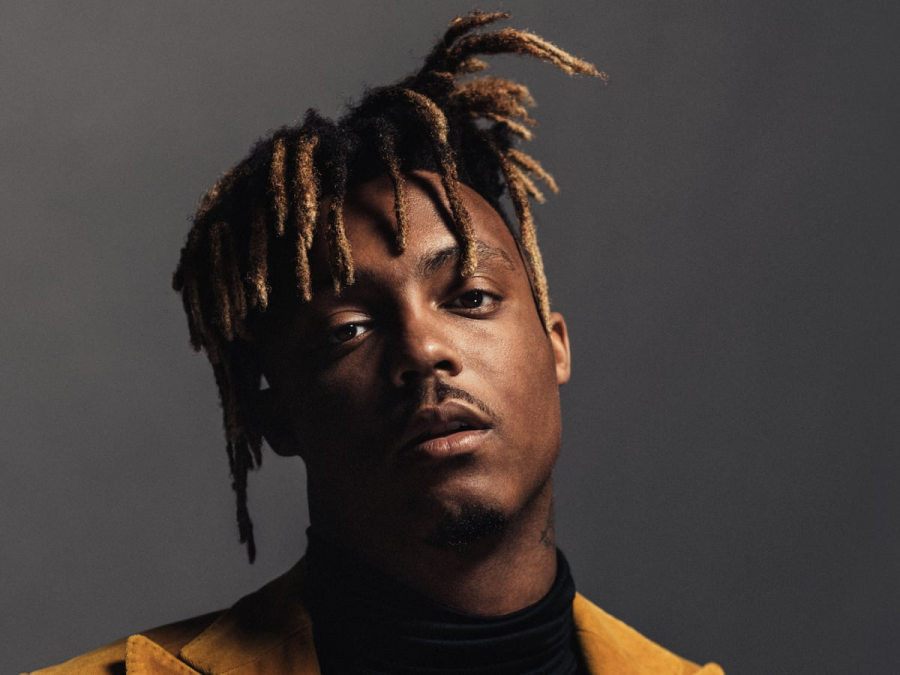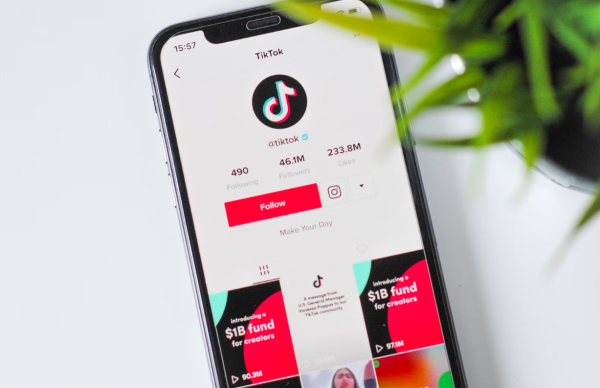A Revaluation of the Rap Music Industry
Out of all genres of music, rap music seems to be the most controversial. This is for a reason, as the subject matter and culture surrounding rap are often vilified for its controversial affiliations. Rap as an artform consists of faster vocal performances than any other mainstream genre of music, which means that more words can fit into a certain length of time. With this added word space, rap artists are able to cover more complex topics and themes such as violence, racism, and drug use more prominently than artists of other genres, as these issues require longer streams of thought.
With rap music’s emergence into the mainstream in the 1990s, the dark subject matter received some backlash, but the complexity in which these topics were handled, and the statements the artists attempted to make were generally respected. In more recent years, however, the lyrical style of mainstream rap has trended towards minimalist descriptions of emotional hardship, and party-esque events, accompanied with a shift to a more melodic tone in replacement of long passages of consistent rapping.
While this new sound is most definitely not objectively worse than the old sound of the “classic age,” it has been more commonly criticized and frowned upon by hip hop fundamentalists, fans of other genres, mainstream media, and others. There, of course, are exceptions to this trend, namely Kendrick Lamar and Kanye West, but these artists are less criticized for their music. Popular mainstream artists, specifically in the trap subgenre such as Travis Scott, Lil Baby, Future, and Juice WRLD release music that is seen as lower forms of art by people who oppose the new trends. The glorification of drug use, in specific, is a topic of much contentment among music fans, and non-music fans alike. Many argue that the normalization of drug use within songs is harmful, and encapsulates the issues with the current state of rap music. While this opinion has merit, rappers’ influence on drug culture is extremely overplayed, and the notion that their influence is prominent and harmful is one that should require much reconsideration.
Before I dive into why I believe the issue of the glorification of drugs in rap music is not as big of an issue as many think, let me preface my argument by saying this still is a noteworthy issue. I do believe there are negative consequences linked with drug misinformation and tolerance in art, but I think these consequences are overplayed to a degree of artist slander.
When it comes to the underground scene, and even members of the less popular subgenres of rap, drugs remain a constant topic of discussion. Danny Brown is a prime example of this. His sound is very experimental, and his lyrical style is extremely complex and rarely should be taken at surface value. In his 2011 mixtape, XXX, Brown structures his tracklist to detail a high he recieves from an elongated experience with drugs, and follows that with descriptions of his brutal crash and hangover that has the listener question the positive and fun descriptions of sex and parties within the first 11 songs.
Danny makes it quite clear that he is attempting to make a statement on the harmful consequences of drugs using personal anecdotes, but does it in a very abstract manner. He does give hints to his message, such as the opening title track, “XXX” and the closing tracks, which is a common occurrence in Danny Brown’s catalogue. This work is heavily praised by the niche fans of the experimental hip hop subgenre for its conceptual nature and lyrical execution, but is not loved by listeners of mainstream music who deal with similar topics. Juce WRLD commonly delves into topics of drug abuse, and how harmful that can be, but he does not receive much praise for that, rather, he receives praise for his unique vocal abilities, and his beat selection. Even though Juice’s descriptions are not as in depth, or creative as Danny Brown’s, this shows that the mainstream is not as concerned with the lyrics of a rap song. Even though more people listen to artists like Lil Uzi Vert and Lil Baby than abstract artists like oddballs like Quelle Chris and Danny Brown, the latter artists’ lyricism receives more attention, and the few songs that do receive lyrical praise from Lil Uzi Vert and Lil Baby delve into topics of racism, police brutality, and emotional struggles. Listeners of mainstream rap do not focus on the specific lyrics, especially those that are drug related, as much as “mumble rap” haters tend to believe.
An example of the over exaggeration of the distasteful lyrical themes in rap is from Fox News’ Geraldo Rivera, who said in 2015 that “hip-hop has done more damage to young African-Americans than racism in recent years” While this was in response to Kendrick Lamar, an artist whose lyrics are taken quite seriously, his general classification of “hip-hop” as the enemy shows how little he, like many who overplay the issue of drug glorification in hip hop, understand about success in hip hop.
Sound sells in the music industry, especially hip hop. Lyrics do not as much. There is a reason Danny Brown’s “XXX” did not come close to topping the charts in 2011. It is not due to the fact that the mainstream audience craves deeper lyrical content, because “XXX” has that. It is because his song structure on this mixtape rarely has hooks, the songs are very short, his voice is extremely nasally, and the beats he selected are distorted, and ugly-sounding. Not many people come to mainstream artists who soly describe party-cultre fantasies involving drugs, money, and sex looking for deep content, and thus the effect of their lyrics should not be bloated. While yes, introducing younger children to words like “adderall” and “codeine” in the context of a party is not healthy, many listeners do not take these words seriously, or even pay attention to the lyrics, as shown by their subgenre of choice being trap music. This is not a slight of the subgenre or the fans, but a recent trend. In fact, if these people were to pay close attention to the lyrical content of popular, they would notice that many of the artists they listen to build u anti-drug sentences in their song, thus crying a “XXX” like effect within their discographies, where all illegal drug use described in recreational context is coupled with horrible feelings that follow. Future’s wildly popular “Codeine Crazy,” and his collaborative project with Juice WRLD, “WRLD on Drugs” are both examples. Also, popular artists’ fatal overdoses such as Mac Miller, and Lil Peep have exhibited the horrific realities of xanax, and oxycontin use to the world. So while it is acceptable to dislike the new wave of rap music for its surface-level drug-centric lyricism , it is not logical to say that the drug culture described in said music has effects on “young African-Americans” comparable to racism, or frown on the genre for this reason alone.







